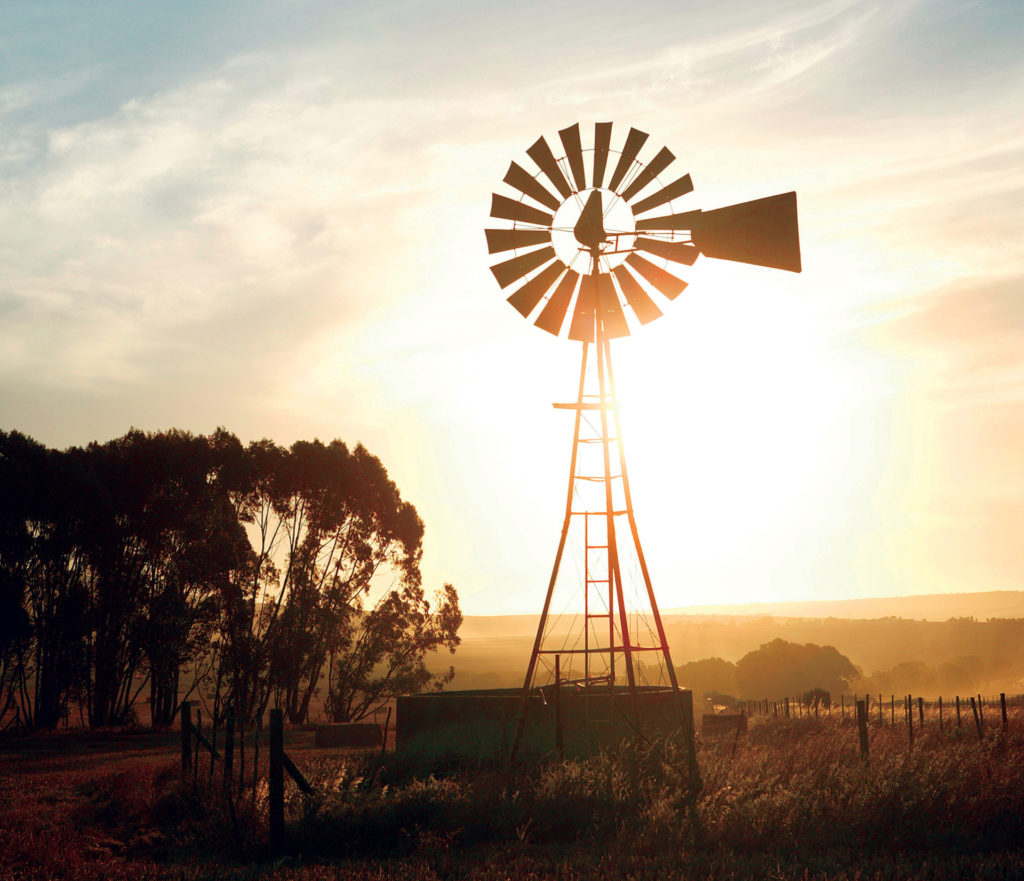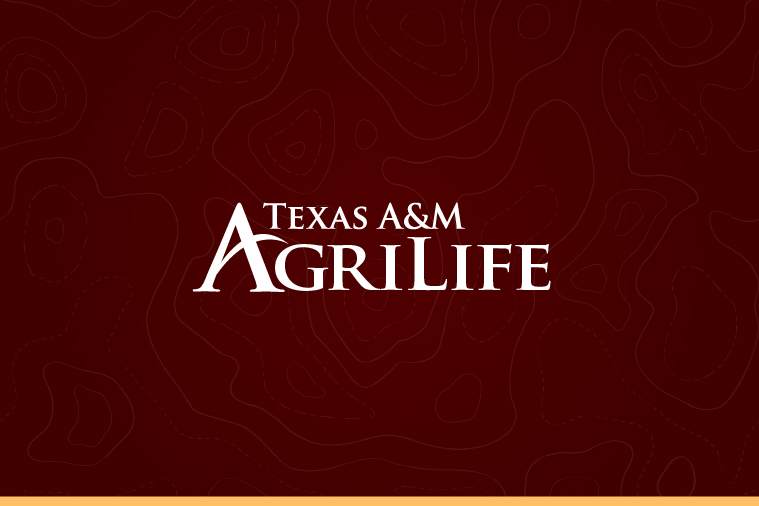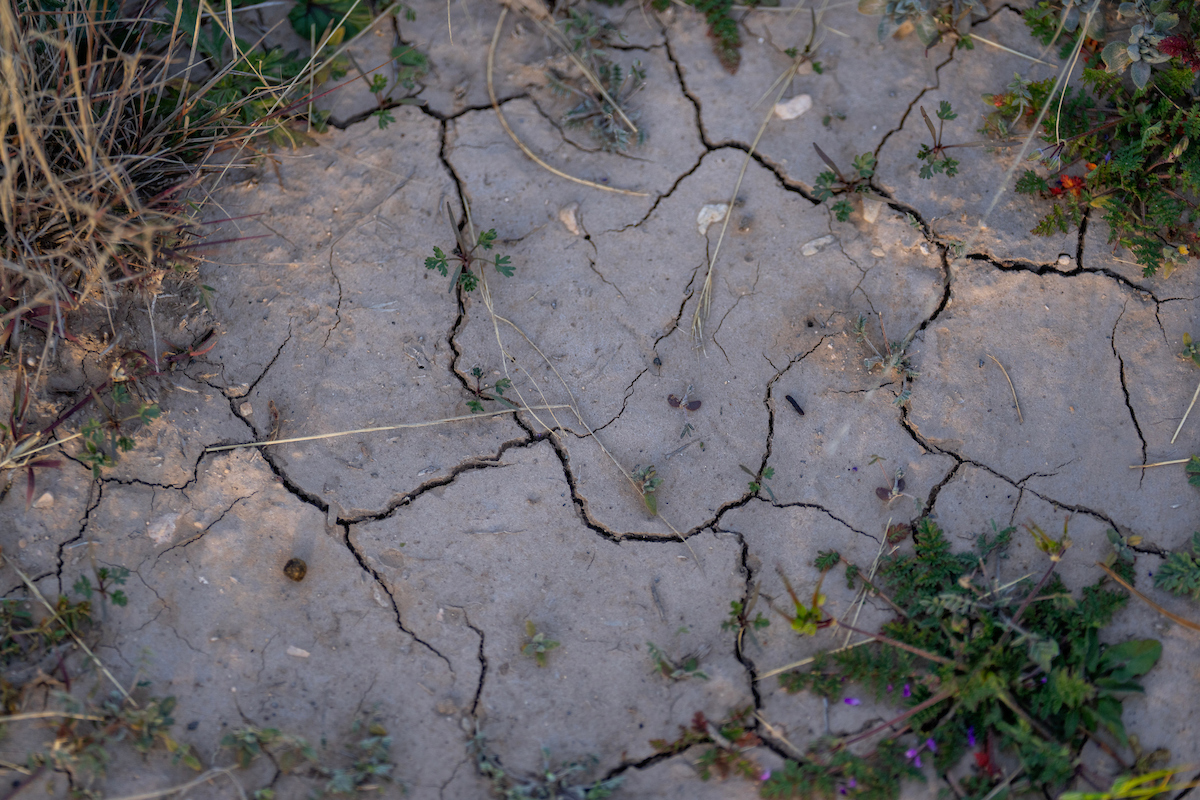South Plains private water well screenings set for Sept. 16-20
Samples will be screened for contaminants and salinity
The Texas Well Owner Network, TWON, will host low-cost water well screenings for residents in the South Plains on Sept. 16-20.

Water samples will be screened for contaminants, including total coliform bacteria, E. coli, nitrate-nitrogen and salinity, and in some counties, arsenic.
“The TWON program was established to help well owners become familiar with Texas groundwater resources, septic system maintenance, well maintenance and construction, and water quality and treatment,” said Joel Pigg, Texas A&M AgriLife Extension Service program specialist, Bryan-College Station. “It allows them to learn more about how to improve and protect their community water resources.”
Water sample and meeting information
Residents can drop off well water samples at these times and locations:
- For Castro, Swisher, Briscoe, Bailey, Lamb, Hale and Floyd counties: Samples may be taken to the nearest AgriLife Extension county office between 8:30-10 a.m. on Sept. 16.
- For Cochran, Hockley, Lubbock, Crosby, Yoakum, Terry and Dawson counties: Samples may be taken to the local AgriLife Extension office between 8:30-10 a.m. on Sept. 17.
Follow-up meetings with one-hour educational presentations covering well-head protection, water quality issues and results from the water samples will be held at these locations:
- Castro, Bailey and Lamb counties: Sept. 18, 4 p.m. at West Texas Coffee, 107 E. Bedford St., Dimmitt.
- Hockley and Cochran counties: Sept. 18, 5 p.m. at the AgriLife Extension office, 1212 Houston St., Suite 2, Levelland.
- Crosby and Floyd counties: Sept. 19, 11 a.m. at the AgriLife Extension office, 201 W. Aspen St., Suite 011, Crosbyton.
- Swisher and Briscoe counties: Sept. 19, 2 p.m. at the AgriLife Extension office, 310 W. Broadway, Tulia.
- Lubbock County: Sept. 19, 4 p.m. at the AgriLife Extension office, 916 Main St., Suite 401, Lubbock.
- Dawson County: Sept. 20, 9 a.m. at the AgriLife Extension office, 901 B S. Houston, Lamesa.
- Terry and Yoakum counties: Sept. 19, 6 p.m. at Coleman Park Party House, 101 Park Road, Brownfield.
The follow-up meeting in Hale County will be a four-hour program covering water well basics, aquifers, septic systems, water quality and water treatment options as well as sample results:
- Hale County: Sept. 18, 9 a.m.-1 p.m. at the AgriLife Extension office, 225 Broadway, Suite 6, Plainview.
Sampling instructions
Residents should pick up a sample bag, bottle and instructions from their local AgriLife Extension office or groundwater conservation district office before the date of the event.
There is a $15 per sample charge for this water well screening, and residents may bring as many samples as they would like. Residents who live within the boundaries of the High Plains Underground Water Conservation District No. 1 will have sample costs covered by the district.
“It is very important that only sampling bags and bottles be used, and all instructions for proper sampling are followed to ensure accurate results,” Pigg said.
Pigg said it is essential residents submitting samples attend the appropriate follow-up meeting to receive results, learn corrective measures for identified problems and improve their understanding of private well management.
Well water contaminants and information
To learn more about the programs offered through the network or to find additional publications and resources, visit https://twon.tamu.edu. For more information on the water screening contact Pigg at [email protected].
The screenings are presented by AgriLife Extension and the Texas Water Resources Institute, TWRI, in partnership with AgriLife Extension.
Funding for TWON is through a Clean Water Act Section 319(h) nonpoint source grant provided by the Texas State Soil and Water Conservation Board and the U.S. Environmental Protection Agency. The project is managed by TWRI, a unit of Texas A&M AgriLife Research that brings together expertise from across The Texas A&M University System.





